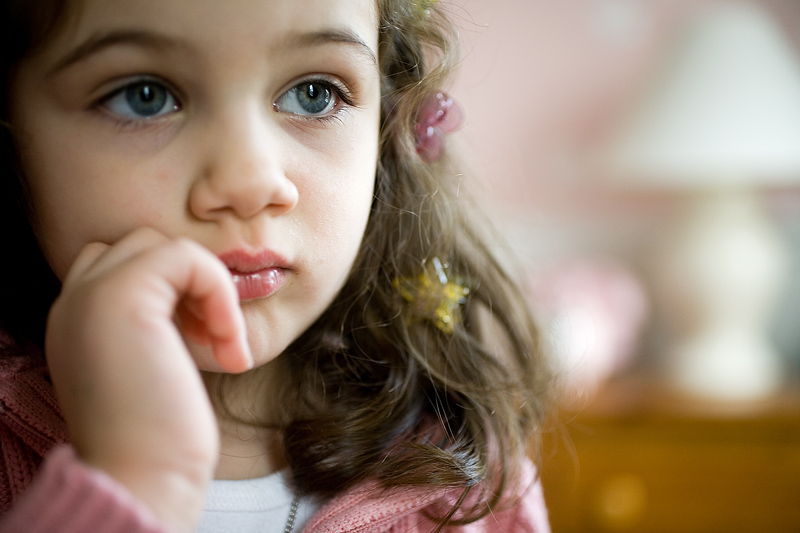TUESDAY, Jan. 11 (HealthDay News) — Here’s a reason to try to change your kid’s attitude: The most optimistic adolescents may be somewhat less likely to be depressed than their peers.
Researchers also have found a slight link between optimism and less heavy drug abuse and bad behavior.
There are caveats. The new research, on kids in Australia, doesn’t prove that optimism directly causes kids to be less depressed. Other factors could explain things. The study also suggests that the most optimistic kids were not able to avoid having as many bad things happen in their lives as more pessimistic kids.
“Optimistic kids do better in avoiding emotional and behavioral problems during the teens, but it in no way makes them immune to setbacks,” said the study’s lead author, Dr. George C. Patton, of Australia’s Royal Children’s Hospital in Melbourne. “There are a whole lot of other skills and experiences that are also important in getting through life.”
The study is only the latest in a series of examinations of optimism. “It’s been associated with decreased risk of depression, heart attack and death, even after other important risk factors — like age, smoking and cholesterol — have been taken into account,” said Dr. Hilary Tindle, a researcher at the University of Pittsburgh’s Division of General Internal Medicine.
The new study, published online Jan. 10 and in the February print issue of Pediatrics, examined optimism in 5,634 children who began taking part in the research when they were 12 to 14 years old.
The kids were asked about how they “viewed the future, … the world as it currently is and themselves,” said Patton, a professor with the Australia hospital’s Centre for Adolescent Health. The kids who were less optimistic generally were recognizing positive things about the world or themselves “rarely or only some of the time,” he said.
The researchers found that the quarter of kids who were the most optimistic had almost half the risk of showing signs of depression, compared with those who were least optimistic. Being highly optimistic only had a “modest” link to less heavy substance abuse and antisocial behavior.
The researchers figured that if everyone in the study had low levels of optimism, “the number of new cases of depression would rise by 32 percent in any year,” Patton said. “That is a pretty big effect.”
But what can be done with this information? Should kids take classes in optimism? Not quite, Patton said.
“Learning to get things in perspective and put yourself in the shoes of others are more realistic aims than simply trying to teach your teenager to always be positive about everything.”
Tindle, the Pittsburgh researcher, said the attitudes regarding optimism and pessimism that form in early life may play a big role in the choices that adults make about their health. If that’s the case, she said, it might be worthwhile to teach kids about how to look at the world. But for now, “no one knows all the nitty-gritty of how such a program could be logistically rolled out,” Tindle said.
More information
The American Academy of Family Physicians has more on understanding teens’ emotional health.

